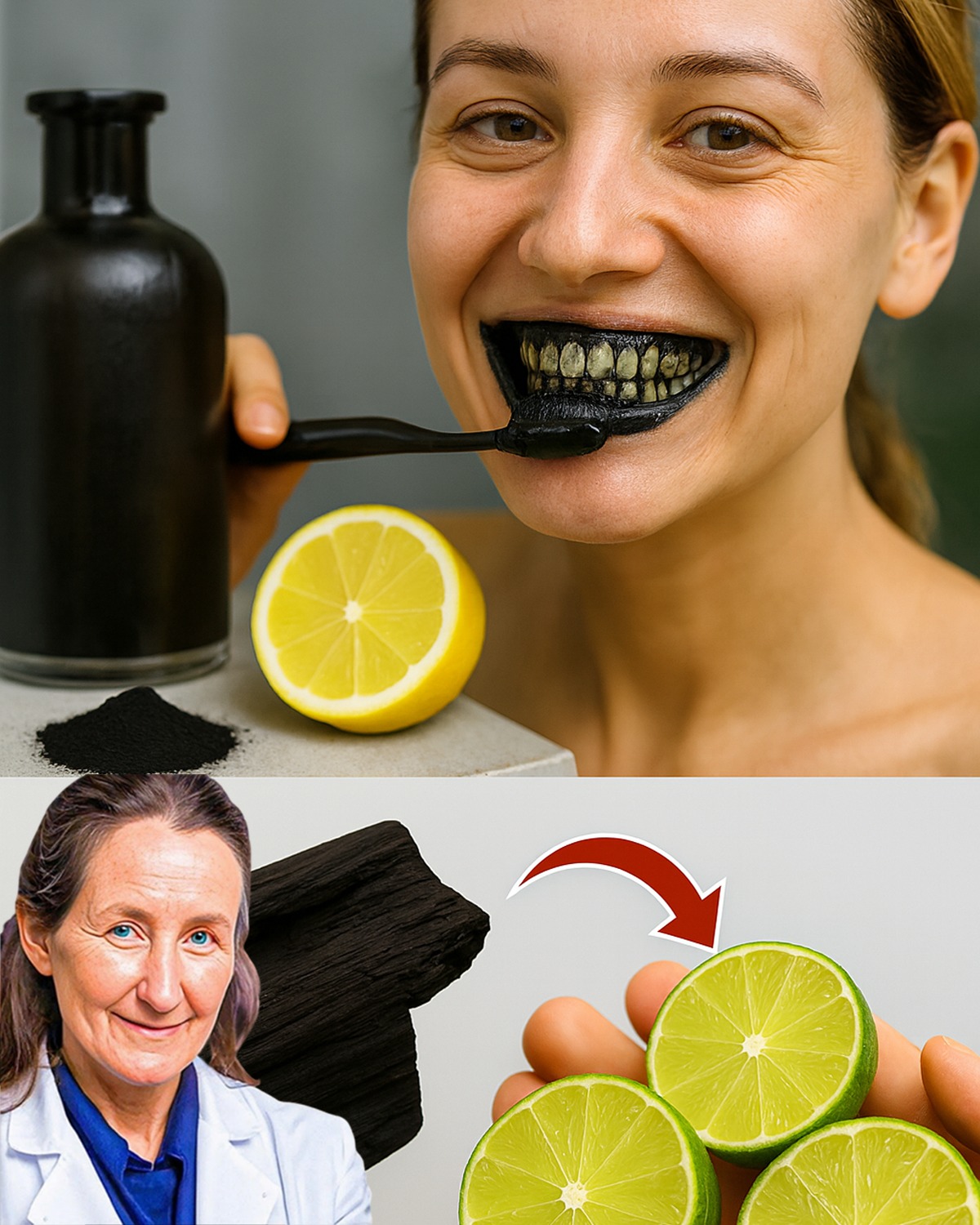⚠️ Warning: Potential Risks to Your Teeth
While the combination of lemon juice and activated charcoal is often touted as a natural teeth-whitening remedy, it’s essential to approach this DIY method with caution. Both ingredients have properties that can be abrasive or acidic, potentially leading to enamel erosion and increased tooth sensitivity.
🍋 Understanding the Components
Lemon Juice: The Acidic Agent
Lemon juice is highly acidic, with a pH level around 2. This acidity can erode tooth enamel, the protective outer layer of your teeth, making them more susceptible to decay and sensitivity. Prolonged exposure to acidic substances can lead to irreversible damage to the enamel.
Activated Charcoal: The Abrasive Scrub
Activated charcoal is a porous substance known for its ability to absorb toxins. When used on teeth, its abrasiveness can help remove surface stains. However, this same abrasiveness can also wear down enamel over time, leading to thinning of the enamel and exposure of the underlying dentin, which is yellowish in color.
🧪 The Combined Effect: A Risky Duo
When mixed together, lemon juice and activated charcoal create a paste that may seem effective in removing surface stains. However, the acidic nature of lemon juice combined with the abrasive texture of activated charcoal can accelerate enamel erosion. This combination can lead to increased tooth sensitivity, a higher risk of cavities, and a less aesthetically pleasing appearance as the underlying dentin becomes more exposed.
✅ Safer Alternatives for Teeth Whitening
If you’re seeking to brighten your smile, consider these safer alternatives:
Whitening Toothpastes with Fluoride: These are designed to be gentle on enamel while effectively removing surface stains.
Professional Whitening Treatments: Consulting with a dentist can provide options tailored to your dental needs, ensuring both safety and effectiveness.
Maintaining Good Oral Hygiene: Regular brushing, flossing, and dental check-ups can prevent staining and maintain overall oral health.
🧠 Conclusion
While the idea of using natural ingredients like lemon and activated charcoal for teeth whitening may be appealing, the potential risks to your dental health outweigh the benefits. It’s crucial to prioritize the safety and integrity of your enamel by opting for proven and dentist-approved whitening methods. Always consult with a dental professional before trying new whitening techniques to ensure they are suitable for your individual dental needs.

